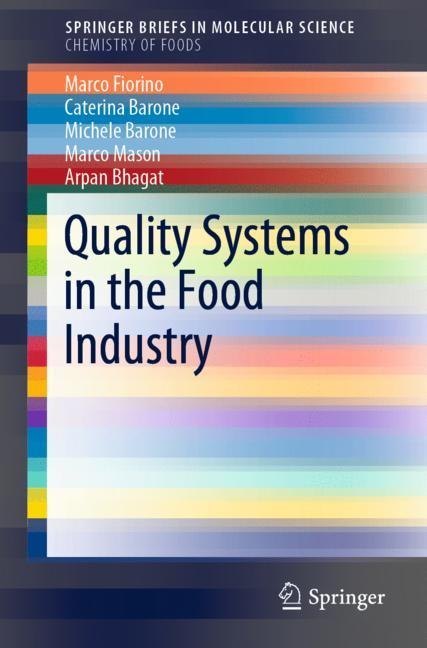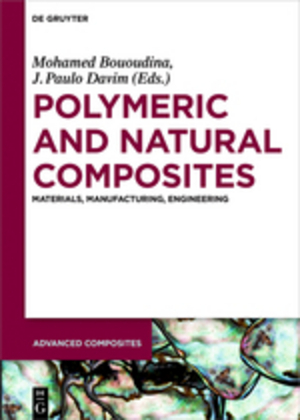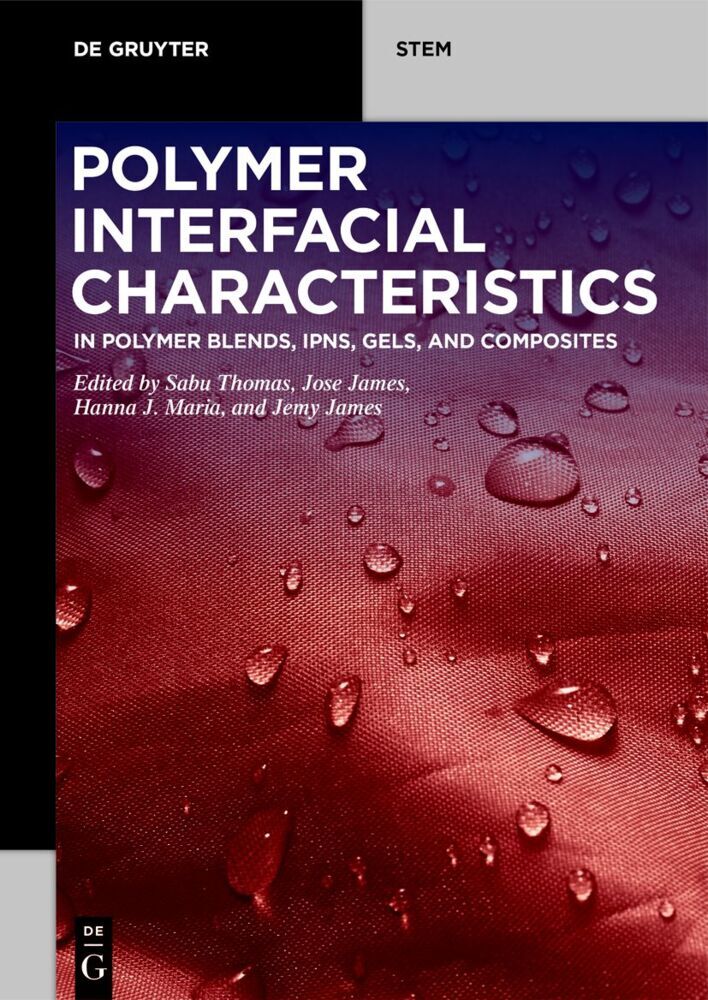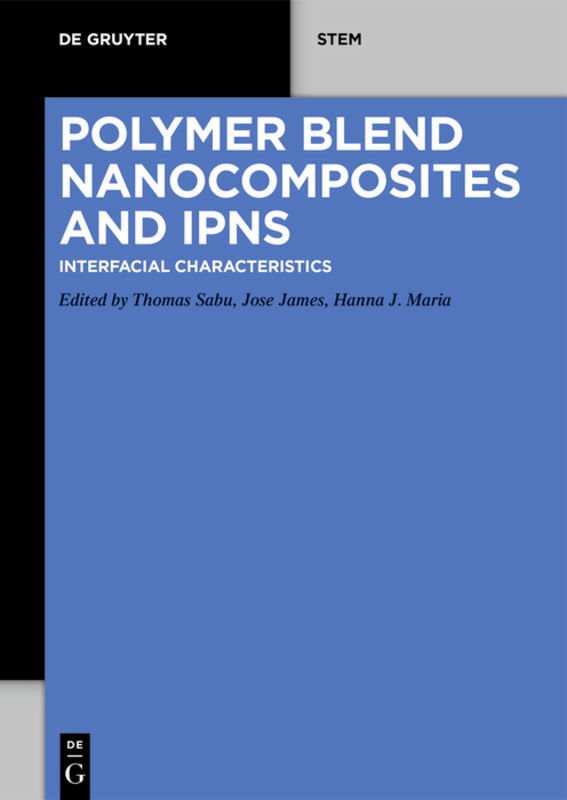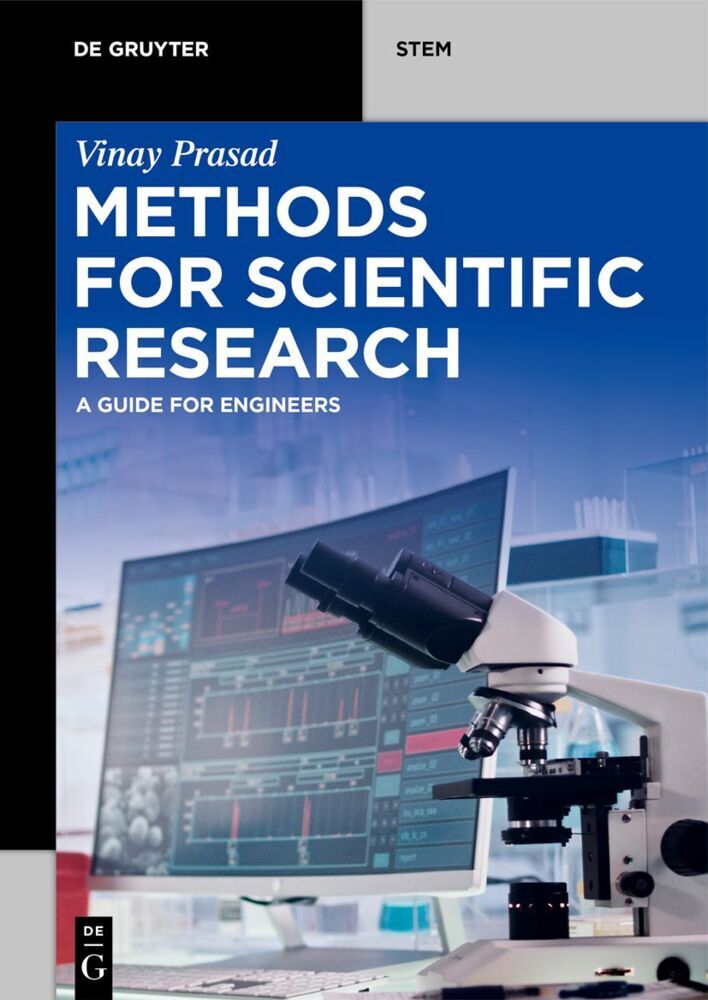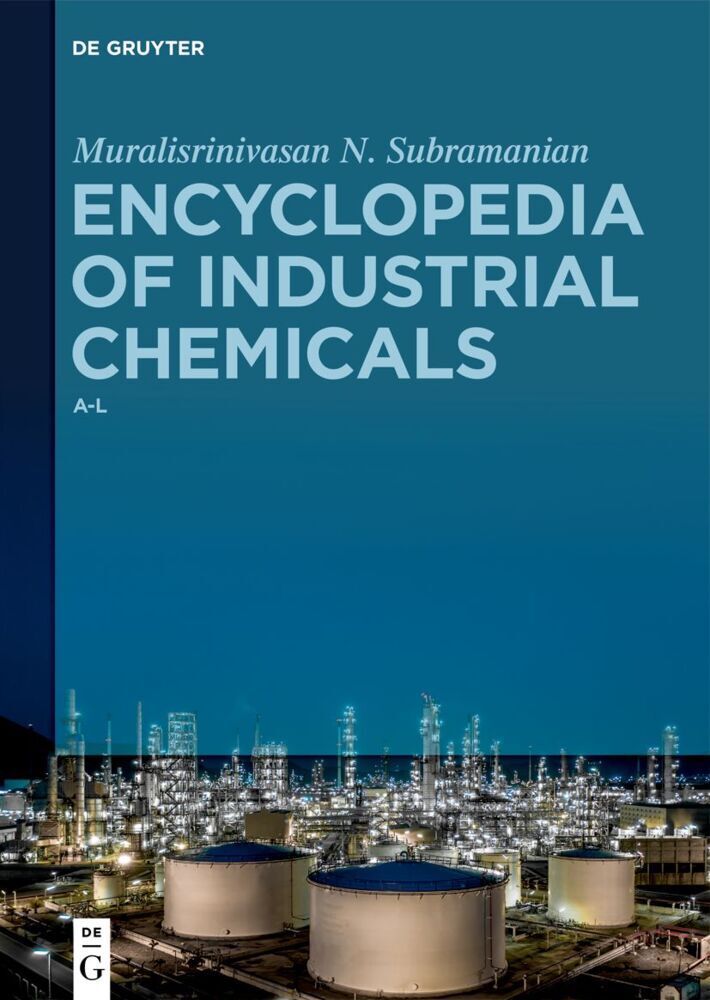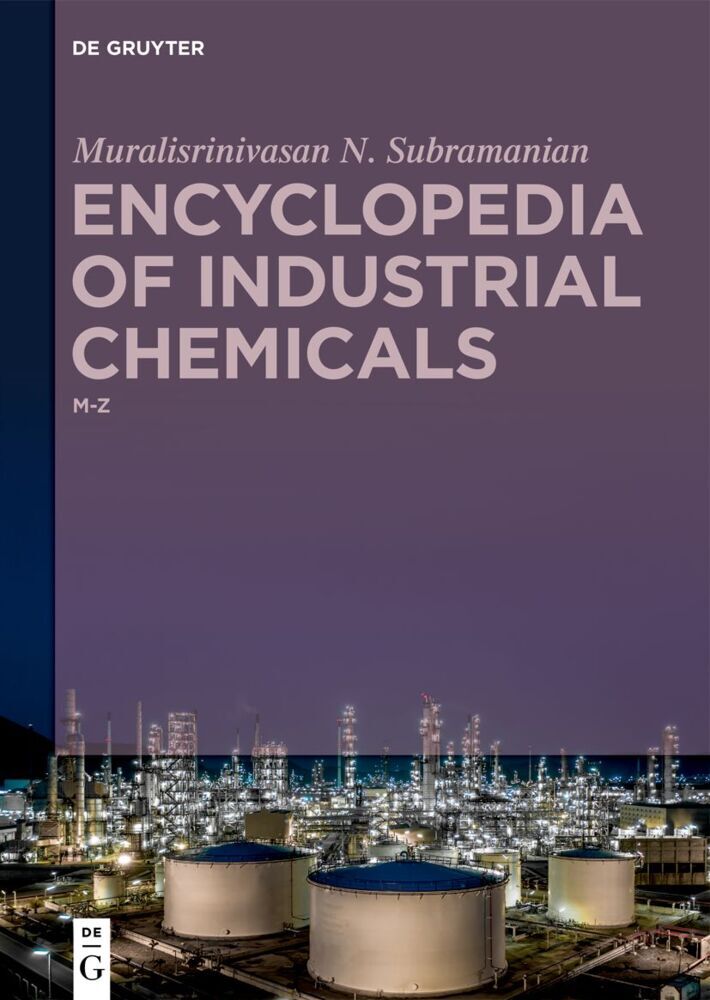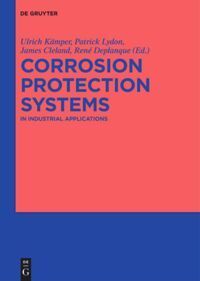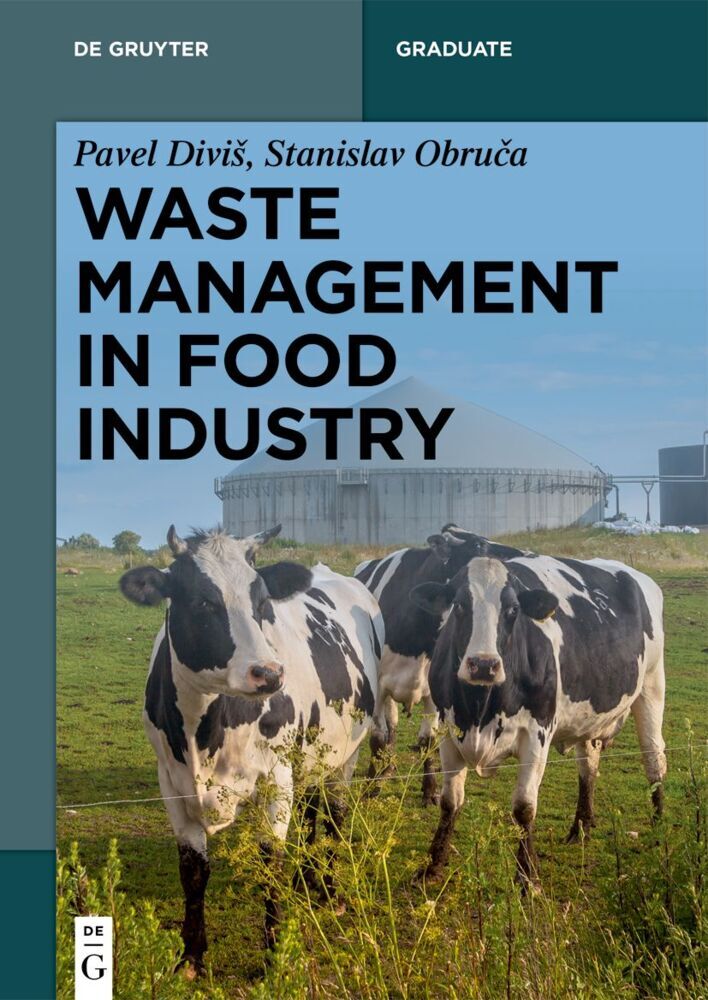This book explains the role of food-oriented (or 'food-centric') quality system standards in the modern food and beverage industry. It discusses food safety schemes based on the international norm ISO 9001 and the 'Hazard Analysis and Critical Control Points' approach, and also introduces the new Global Standard for Food Safety (GSFS) and the International Featured Standard (IFS, 7th ed.), outlining standardization for international equivalence (while maintaining the necessary flexibility and independence - which is not always easy an easy task). Providing selected specific examples, it examines the problems of chemical additives and possible cross-contaminations between different production lines, as well as adequate reactions to and handling of intentional adulterations. In addition, it includes a chapter focusing on quality audits and technical data sheets in the food industry, and a final chapter describing the certification of food-grade lubricants in the food industry, especially with regard to allergenic substances.
Marco Fiorino is a full-time professor of Chemistry and Chemical Technologies at at the Ministry of Education, Universities and Research, Italy. Also, He holds on private consultancies in the ambit of plastic matters and industrial plants. Prof Fiorino obtained his MSc in Chemistry (2000), a Master course on plastic matters (2004), and a PhD in 'Plastic matters for special uses, thermosetting plastic matters' from the State University of Palermo, Italy. Subsequently, He also obtained the MSc in Civil and Environmental Engineering from University Guglielmo Marconi, Italy. Prof. Fiorino is an experienced author in the field of food chemistry and industrial processes, and He has recently co-authored 'The Chemistry of Thermal Food Processing Procedures', SpringerBriefs in Chemistry of Foods (2016).
Caterina Barone is an experienced author in the field of food science and quality audits. She is an ISO 9001-auditor in different sectors, including also professional training services. Her recent works are focused on food packaging hygiene, chemical and technological features of cheeses and other prepared foods, dedicated BASIC software, and microbial toxins in different foods for human consumption.
Michele Barone is an experienced consultant working in the field of food science and technology, and also in restoration chemistry. His work in food science focuses mainly on food packaging and correlated failures, and selected food products with a dedicated tradition (for instance, the Mediterranean Diet). More recently, he has written about food traceability systems in the field of European cheese products. Michele currently works at the Association 'Componiamo il Futuro' (CO.I.F.) in Palermo, Italy (sector: professional training).
Dr Marco Mason is an experienced scientist working in the food and beverage technological ambit. He obtained his MSc in Food Science and Technology (2009) from the State University of Milan, Italy, and the PhD in 'Mountain Environment and Agriculture (2017) from the Free University of Bozen, Italy. Subsequently, Dr Mason has been engaged in different ambits, including analysis (GC-MS, Uv-VIS, FTIR-ATR technologies) and quality control and, HACCP procedures - during a 4-year period. At present, he is Coordinator of Gastronomy Laboratory in the University of Cartagena, Colombia. Dr Mason has co-authored different papers, including Lemma et al. (2015) Removal of bacteria and yeast in water and beer by nylon nanofibrous membranes. J. Food Engineering, 157, 1-6. Arpan R. Bhagat, Ph.D., FSPCA PCQI Lead Instructor, received his M.S. from the University of Georgia and Ph.D. from Purdue University. Between 2009 and 2018, he worked in the RTE meals & beverages, cheese & dairy, and airline catering industries. Arpan is a member of the International Association for Food Protection (IAFP). In his current role as a food safety manager, he develops and manages policies and procedures to ensu
Marco Fiorino is a full-time professor of Chemistry and Chemical Technologies at at the Ministry of Education, Universities and Research, Italy. Also, He holds on private consultancies in the ambit of plastic matters and industrial plants. Prof Fiorino obtained his MSc in Chemistry (2000), a Master course on plastic matters (2004), and a PhD in 'Plastic matters for special uses, thermosetting plastic matters' from the State University of Palermo, Italy. Subsequently, He also obtained the MSc in Civil and Environmental Engineering from University Guglielmo Marconi, Italy. Prof. Fiorino is an experienced author in the field of food chemistry and industrial processes, and He has recently co-authored 'The Chemistry of Thermal Food Processing Procedures', SpringerBriefs in Chemistry of Foods (2016).
Caterina Barone is an experienced author in the field of food science and quality audits. She is an ISO 9001-auditor in different sectors, including also professional training services. Her recent works are focused on food packaging hygiene, chemical and technological features of cheeses and other prepared foods, dedicated BASIC software, and microbial toxins in different foods for human consumption.
Michele Barone is an experienced consultant working in the field of food science and technology, and also in restoration chemistry. His work in food science focuses mainly on food packaging and correlated failures, and selected food products with a dedicated tradition (for instance, the Mediterranean Diet). More recently, he has written about food traceability systems in the field of European cheese products. Michele currently works at the Association 'Componiamo il Futuro' (CO.I.F.) in Palermo, Italy (sector: professional training).
Dr Marco Mason is an experienced scientist working in the food and beverage technological ambit. He obtained his MSc in Food Science and Technology (2009) from the State University of Milan, Italy, and the PhD in 'Mountain Environment and Agriculture (2017) from the Free University of Bozen, Italy. Subsequently, Dr Mason has been engaged in different ambits, including analysis (GC-MS, Uv-VIS, FTIR-ATR technologies) and quality control and, HACCP procedures - during a 4-year period. At present, he is Coordinator of Gastronomy Laboratory in the University of Cartagena, Colombia. Dr Mason has co-authored different papers, including Lemma et al. (2015) Removal of bacteria and yeast in water and beer by nylon nanofibrous membranes. J. Food Engineering, 157, 1-6. Arpan R. Bhagat, Ph.D., FSPCA PCQI Lead Instructor, received his M.S. from the University of Georgia and Ph.D. from Purdue University. Between 2009 and 2018, he worked in the RTE meals & beverages, cheese & dairy, and airline catering industries. Arpan is a member of the International Association for Food Protection (IAFP). In his current role as a food safety manager, he develops and manages policies and procedures to ensu
1;Contents;7 2;1 Chemical Additives for Foods. Impact of Food-Related Quality System Certifications on the Management of Working Flows;9 2.1;1.1 Chemical Additives for Food Productions. An Introduction;10 2.1.1;1.1.1 Quality Certification Systems in the Food Industry;14 2.1.2;1.1.2 How Can Food Additives Be Managed Correctly in a Quality-Oriented System? Main Requirements;20 2.1.3;1.1.3 Working Flows and Flow Charts in the Food Industry. Reliable Accounts;21 2.2;References;28 3;2 The Intentional Adulteration in Foods and Quality Management Systems: Chemical Aspects;36 3.1;2.1 Intentional Adulteration in Food Industries and Quality Systems;37 3.2;2.2 What Is Intentional Adulteration? Some Clarifications by the Quality Management Viewpoint;39 3.3;References;41 4;3 Quality Audits in Food Companies and the Examination of Technical Data Sheets;45 4.1;3.1 The Importance of Technical Data Sheets in the Food Industry: Quality Management Systems;45 4.2;3.2 Technical Data Sheets: Commercial Name or Brand, Producer Name, Description of the Product, Declared or Intended Use, Dosages;47 4.3;References;49 5;4 Allergen Risks and the Use of Certified Lubricants in the Modern Food Industry;52 5.1;4.1 Food Allergens and Unknown Sources;53 5.2;4.2 Food Allergens-Quality Management Requirements;54 5.3;4.3 Food-Grade Lubricants-Are They Possible Allergens?;56 5.4;References;58 6;Correction to: M. Fiorino et al., Quality Systems in the Food Industry, Chemistry of Foods, https://doi.org/10.1007/978-3-030-22553-7;61
Fiorino, Marco
Barone, Caterina
Barone, Michele
Mason, Marco
Bhagat, Arpan
| ISBN | 9783030225537 |
|---|---|
| Artikelnummer | 9783030225537 |
| Medientyp | E-Book - PDF |
| Copyrightjahr | 2019 |
| Verlag | Springer-Verlag |
| Umfang | 61 Seiten |
| Sprache | Englisch |
| Kopierschutz | Digitales Wasserzeichen |

